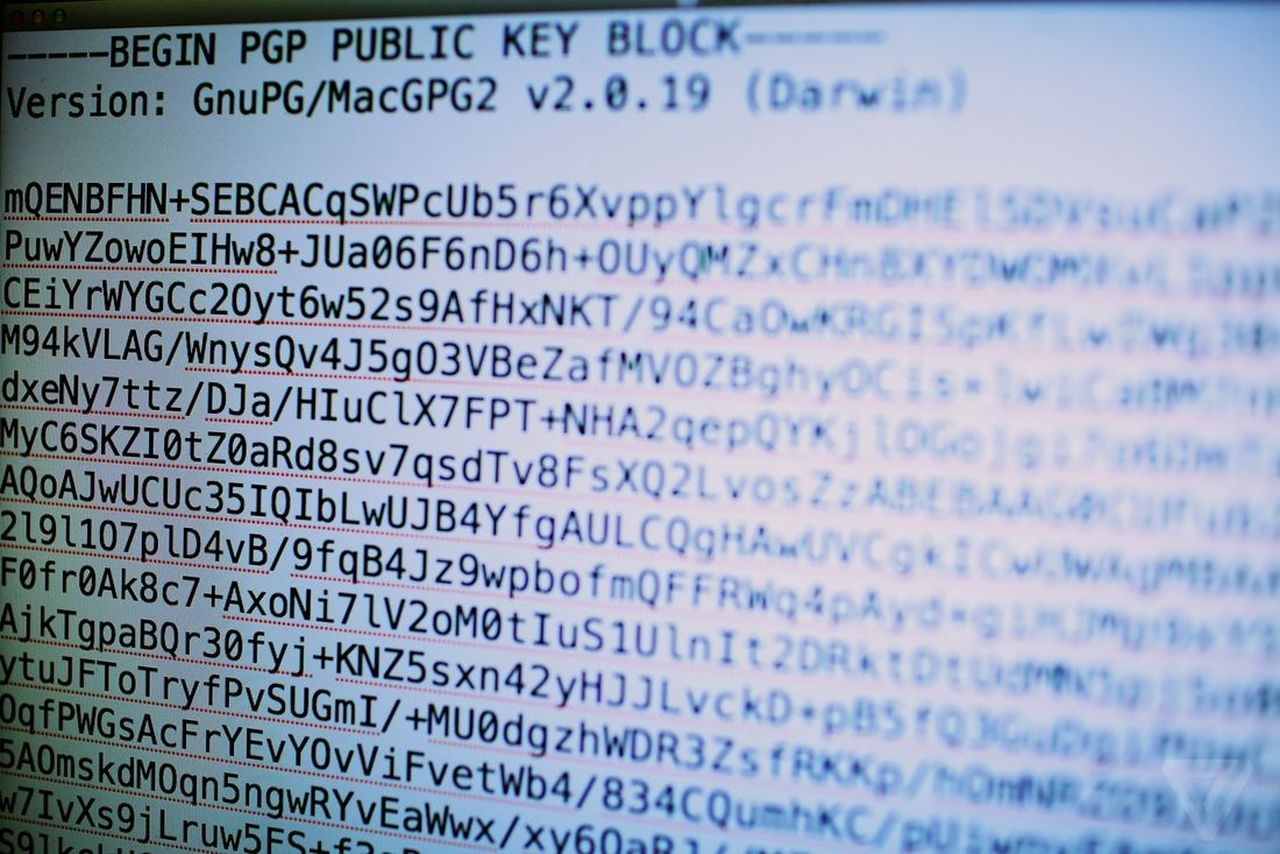China's law obliges providers to provide access to encrypted user accounts

The new anti-terrorism law was passed by the Chinese authorities despite the resistance of a large number of major telecommunications companies and the opposition of Washington. Among other requirements, the law requires telecommunications companies to "provide technical support and assistance, including decryption." Chinese authorities. Reportedly , this was done in order to help China locate and neutralize terrorist groups in time.
This law does not oblige companies to provide encryption keys to authorities. But access to user accounts and the entire correspondence of users, in the case of a corresponding request - yes. Such "help" from the companies is considered by the authorities as one of the methods of fighting terrorism.
The Chinese authorities do not consider the adopted law to be something extraordinary. But the consequences can be quite ambitious. For example, some companies have designed their services so that encryption keys or correspondence are not stored on the servers of the companies themselves. In this case, if the authorities request access to the correspondence, the company, with all the desire, will not be able to fulfill such a requirement. Perhaps this will lead to a conflict between such companies and the authorities (for example, Apple practices a similar pattern of operation of its services). So far, however, the Chinese authorities are not making loud statements about the possibility of banning the work of such companies in the country.
')
According to the authorities, the law does not require the creation of something like a “back door” for law enforcement officers in communication services. “The law will not affect the rights and freedoms of users,” the authorities said in a statement.
New rules for the operation of telecommunications companies come into force on January 1, 2016.
Source: https://habr.com/ru/post/356974/
All Articles